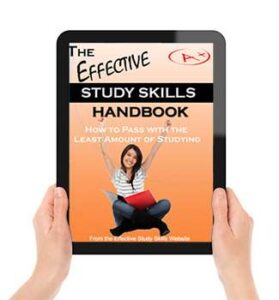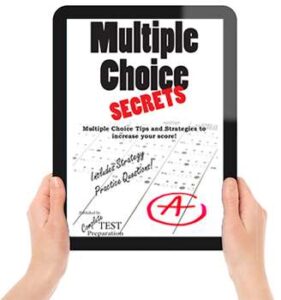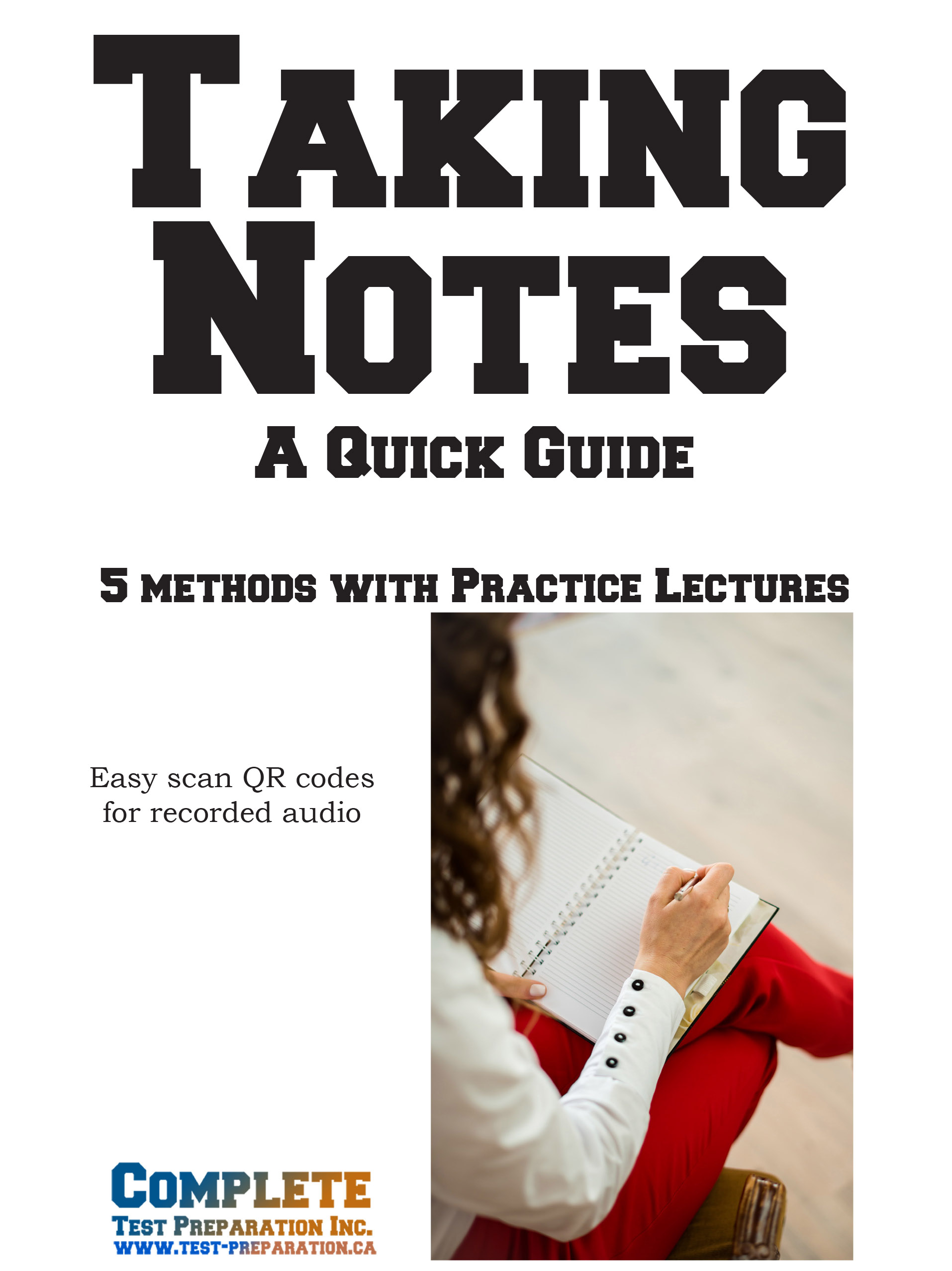How do you study textbooks? A Quick Survey
- Posted by Brian Stocker MA
- Date May 16, 2018
- Comments 0 comment
Best way to study textbooks?
1. Here is the method that I used successfully. Whenever I have a textbook to study, I first divide it into four main sections. After reading each section I make notes in a book not the textbook, using my own words of the most important points. I also make notes and marks in the textbook. When I want review I review my own hand written notes, because it is smaller in size and direct to the point. This system has always helped me out.
Audio Version of this Post
1. You may decide to divide your textbook into five or even six sections.
The aim is to make the textbook seem smaller as you attack the sections one after the other. I also recommend that your always study in a quiet environment. I prefer some low soft music playing in the background when I study, but you need to find out what works for you. Classical music stimulates the mind.
2. I was a very good student. Had great grades and was brilliant at science subjects. Here are my suggestions.
First thing I do is to skim through the textbook in a relaxed manner. I go through the chapters, headings, diagrams and pictures. The next day or two, I go through again, but this time I think and form opinions about what am reading. I then take down notes in my own words, highlighting the important points that would be helpful in a test. I make sure I find answers to practice questions in the textbook, then practice drawing the diagrams and tables to get familiar with them. When I make revisions just before a test, I make use of my own handwritten notes.
3. I would say it is important you start making notes as you read along.
Break up the textbook into smaller parts as that would help you concentrate better.
I also would suggest that you get a friend to hold the textbook and as you quiz questions to see how much you remember. Also read aloud as that helps a lot of students, and don’t forget the practice questions in the textbook. More info on taking notes. How to study from your notes
Taking a Test? We can Help!
4. My own method involved first writing an outline for the textbook chapter I want to study.
This makes it easier to process all the dry data in textbooks. It also keeps you focused and expectant of the material. Next you take notes of the important points, focusing on understanding the main points and writing them down in your own words. This is a great way to instill what you read in your memory. When you are done, you have a great self-composed review note to read before the exam. Outline method of taking notes
5. A lot of students get bored reading textbooks, it is not new and you are not alone.
It happens to me often when am reading books on literature, history or grammar. It never happens when am studying my favorite subjects like math or biology.
So, I would advise you rest well before you study those boring subjects to keep you in an alert frame of mind. Study in a relaxed environment that would allow you concentrate. Study for short periods with breaks instead of a long extended period. Take down notes in your words and try reading out the material aloud.
6. As you read, make notes of important stuff.
Before you proceed after a page or a heading, review to be sure you understood all the main points. Once you have, take a short break and resume after a few minutes. Always review all your notes at the end of each study session.
Go to the next section and repeat the whole process. More on Taking Notes
7. I begin by reading the very first paragraph of the chapter.
Then I read the very first sentence of each subsequent paragraph, before reading the last paragraph of the chapter. This way I get an overview of the entire material I am about to read. It keeps my mind prepared and expectant, ready to absorb information. This process is called skimming and it helps you better understand and retain information.
8. Well it depends on your age, level and the material being studied.
I would suggest regular breaks. Attention span is different for different people. Younger people tend to have shorter attention spans. So, if you are 15, take breaks after every 15 minutes of study. If you are older, you could study for longer periods. Making a study plan.
Taking a Test? We can Help!
9. Some tips for studying science textbooks.
First look for books that teach you the basic rudiments.
For example, I used books like “A Short Course in General Relativity” and Ryder’s “An Introduction to Quantum Field Theory” to get basic ideas on GR and QFT. These books are not great or the best in the subject but they did provide me with the foundation basics in a simple to understand format.
My point is, if you are having problem studying a textbook. Start from the lowest rung on the ladder and work your way up. Look for easier books that give basic information and then progress to the harder stuffs. More on How to Study Science
10. It depends on the type of book and how easy or hard you find the subject.
For me, when reading a cool easy to read book I end up skimming through.
I would advise you to first skim through the book as if you were doing some leisure reading. This way you get familiar with what the book is about and some of the terminology used. After completing a section or chapter, I start all over but this time going through the textbook slower. I highlight key words or concepts in different colors. I also like to jot along margins and on the pages of the book. Finally I make my own notes by hand stating just the main points.
I would also advise that you do not restrict yourself to just one textbook for a subject. You would expand your knowledge when you read up various materials on the subject matter. Different authors have different ways and angles of presenting the same information.
11. Worst way to study textbooks
Skim through an assigned chapter after lecture. Go through the assignments. The go back to the chapter, searching for similar problems or points to help you handle the assignments. Try to solve the assignment from information skimmed off the chapter. If you still cannot solve the assignment, go over the chapter again desperately looking for clues. It is either you do get clues to help you complete the assignment or your give up in frustration. Do the same thing next week and end up concluding the course is too difficult.
12. Proper way to study textbooks
Read the chapter carefully and try to understand the material. Put down main points using your own words. Read aloud or look for ways to express what you have learned before an audience or study group. This would help you better understand the material and retain the information learned.
13. It is important to always remember that some subjects require that you read and study actively, while others may not.
For example, physics or math textbooks would require that you actively participate in solving questions, calculating and drawing tables and graphs.
This means that the best way to study such textbooks is to get involved in practicing the calculations, learning formulas, and drawing graphs from the very beginning. This way it becomes an integral part of you. If you read books without actively participating by making notes in your own words or highlighting key points, you would find it hard to remember what you read.
14. The first step is to determine you most effective learning style.
Then gather learning resources to suit that style. Then go through the study material critically. Ask yourself questions along the way. Do you understand the concepts used? Do you see how the parts fit together? Will you be able to differentiate an idea based on facts or an idea based on data? Does what you read sound reasonable or believable?
This style of questioning what you read ensures you absorb the material fully. Make notes along the way and review your notes before exams. More on learning styles here
15. Get a notebook and some writing material.
Gather several textbooks on one topic. Read the various textbooks to get different angles to the material. Solve and practice any attached problems.
Make notes in your own words of the main points.
16. I prefer reading slow.
This allows me to be meticulous when reading and not just to skim over pages. I try to get the sense of every paragraph before moving on. When studying equations and derivations I take even more time. I make notes of important points right inside the textbook. This helps me concentrate on the important points when I reread the material again. After completing a chapter or section and fully comprehending what it is all about, I revisit it again. This time I make my own notes in my own words highlighting the main points.
How to Study

… without endless hours of cramming
… without the need for tutoring
… and without sacrificing the things that matter to you!
Multiple Choice Secrets!

How to Take Notes
Learn 5 Note Taking Methods – With Full Explanation and Examples!
Taking notes is an essential academic skill and you will be doing a LOT!
Learn More and Start Practicing
Date Published: Wednesday, May 16th, 2018
Date Modified: Tuesday, May 21st, 2024
You may also like
Memory Palace Technique with Examples
The Memory Palace Technique creates stories with familiar places and objects which are associated with certain information. Let me explain the process, let’s us an example to help simplify. We are going to memorize the number five hundred twenty two. …
How not to Get Distracted while Studying
Just eliminate all distractions! Well, unfortunately it’s not that easy for me. I will fiddle with my pen, doodle in the textbook, get lost in thought looking out the window, or make up a song while tapping on my desk. …
Super foods for studying
Imagine taking a test and then hearing a loud “CRUNCH,” just to see the student in front of you biting into raw broccoli Or you look over and see someone eating walnuts while marking off their exam. You wonder, “What …

